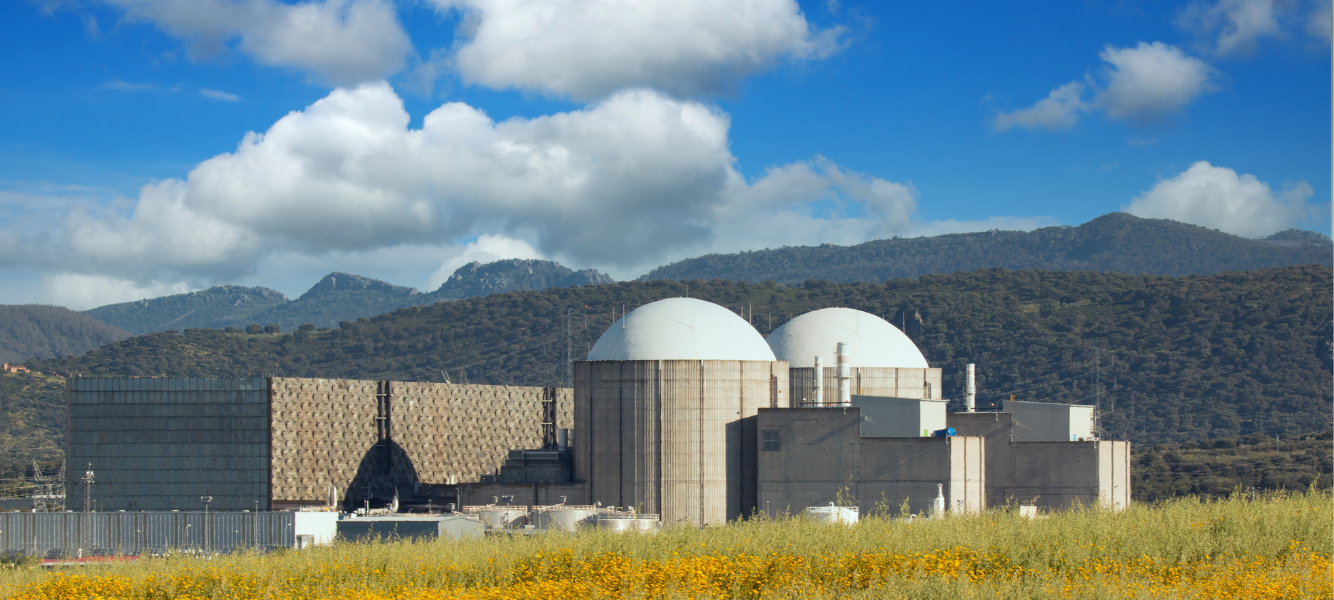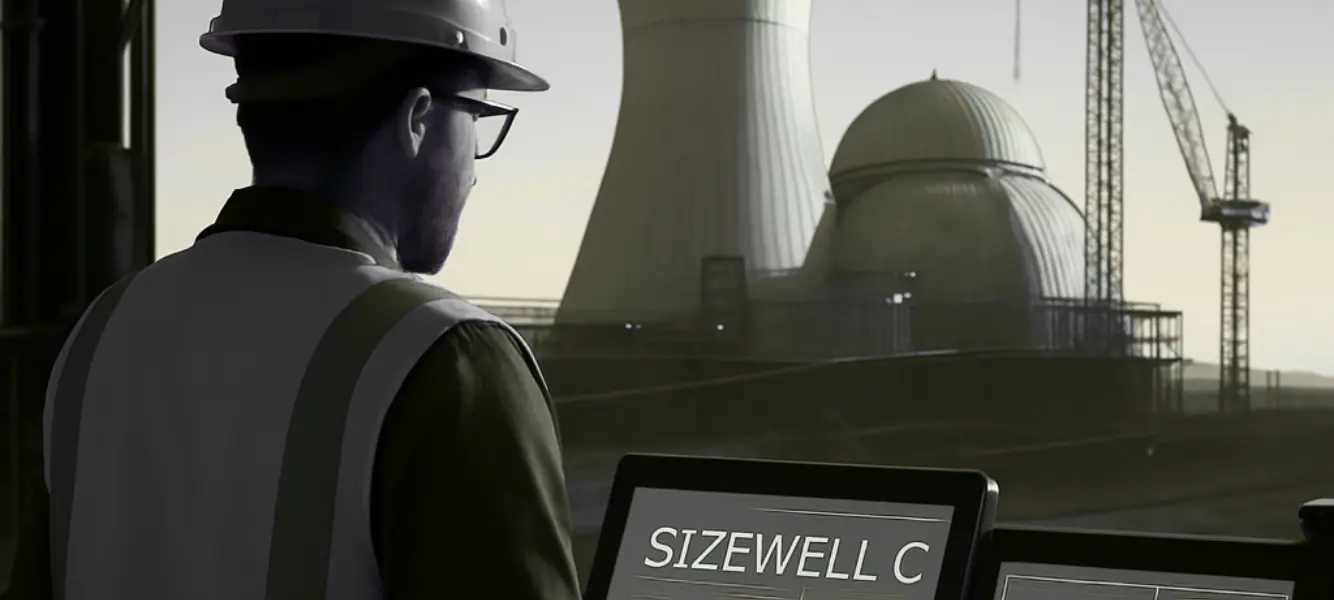The UK has taken a major step forward in its journey to net zero with the signing of contracts for two large-scale carbon capture CCS projects.
These developments will not only help decarbonise some of the hardest-to-abate industries, they will also create hundreds of skilled jobs in engineering and construction.
So, what exactly has been agreed, and what does it mean for the future of the UK’s energy and industrial landscape?
The projects: Padeswood and Protos
In September 2025, the government confirmed it has backed two pioneering carbon capture and storage (CCS) projects:
-
Padeswood cement works, North Wales – operated by Heidelberg Materials UK, this site will be fitted with CCS technology capable of capturing up to 800,000 tonnes of CO₂ per year. Once complete, it will produce “net zero” cement, a breakthrough for an industry where emissions are notoriously difficult to eliminate.
-
Protos energy-from-waste plant, Ellesmere Port – run by Encyclis, this facility will be upgraded to capture around 400,000 tonnes of CO₂ annually, tackling emissions from burning non-recyclable waste.
Together, the two projects are expected to capture 1.2 million tonnes of CO₂ per year, which will be transported and stored permanently in the Liverpool Bay storage system, part of the HyNet cluster.
A boost for jobs and regional growth
The government estimates that these projects will create around 500 new skilled jobs, with opportunities across engineering, construction, project management, and technical operations.
For regions with a strong industrial heritage, such as North Wales and the North West, the projects promise not only new employment but also inward investment and long-term regeneration.
With CCS infrastructure in place, these areas could become hubs for further decarbonisation projects in heavy industry.
Why CCS matters
Carbon capture and storage has often been described as a “bridge” technology – essential for sectors where direct emissions cuts are difficult.
Cement production, for example, generates CO₂ not only from the energy used but also from the chemical process of making clinker.
Energy-from-waste plants, meanwhile, produce unavoidable emissions through combustion.
By capturing and safely storing these emissions underground, CCS provides a pathway to keep these industries operating while reducing their environmental impact.
It also creates a backbone of infrastructure – such as pipelines and storage sites – that can support wider adoption in future.
The UK government has committed £9.4 billion of funding to support CCS projects, describing Padeswood and Protos as “anchor projects” that will help de-risk the wider HyNet cluster.
Opportunities and challenges ahead
These announcements have been welcomed as a significant milestone, but there are still challenges to overcome:
-
Scale – capturing 1.2 million tonnes is impressive, but the UK emits over 300 million tonnes of CO₂ each year. Much more capacity will be needed to make a decisive impact.
-
Cost – CCS remains expensive. Long-term subsidies, contracts for difference, and private investment will all be required to make projects viable.
-
Timeline risk – both projects aim to be operational by 2029, but permitting, construction delays, and financing could push schedules back.
-
Public scrutiny – while CCS is technically sound, critics argue it could encourage “business as usual” in carbon-intensive sectors instead of driving deeper cuts.
Even with these risks, the projects signal strong government intent.
They show that CCS will be counted as a core part of the UK’s net zero strategy, not just a voluntary or experimental measure.
What this means for talent and recruitment
For employers and professionals, these projects underline the importance of skills in:
-
Carbon capture and storage operations
-
Engineering and construction
-
Project management in low-carbon infrastructure
-
Environmental monitoring and compliance
The need for skilled people in CCS and related industries will only grow as more projects move forward.
At Astute, we are already seeing increased demand for candidates with expertise in renewables, power, and emerging decarbonisation technologies.
Final thoughts
The Padeswood and Protos projects mark a turning point for UK carbon capture.
They show that CCS is no longer just a pilot concept – it is becoming an operational reality, backed by government contracts and investment.
If successful, these sites could pave the way for many more projects, creating jobs, decarbonising hard-to-abate industries, and ensuring the UK stays on track for its net zero targets.
Looking to develop your career in low-carbon industries, or secure the right talent for your next project?
Upload your CV today or get in touch with our team to learn how Astute can support your business.


















